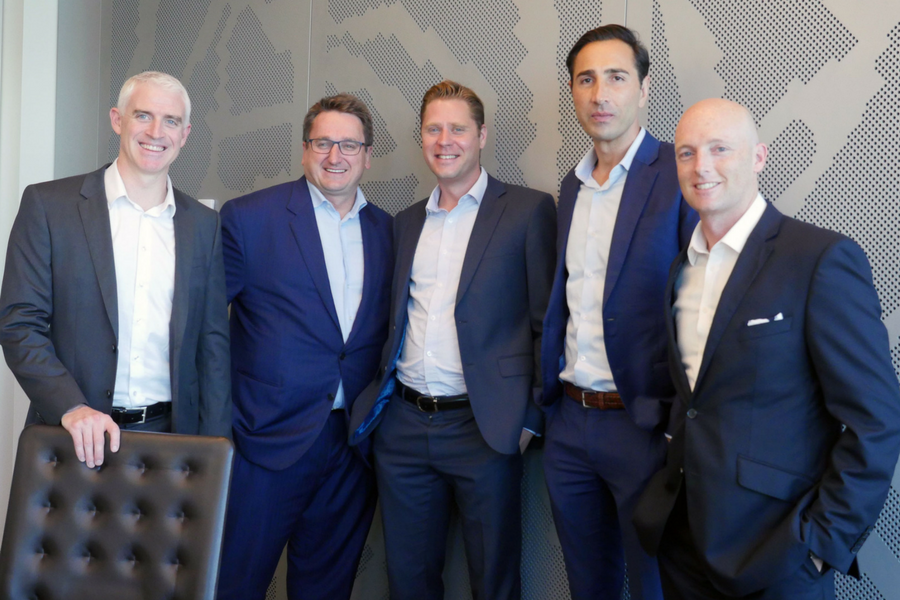Northern NSW startup Nuonic has today announced it has received strategic investment from, and launched an alliance with, KPMG Australia.
The amount invested by the consulting giant was not disclosed, but it brings the total raised by the startup to date to $1.3 million, with KPMG Australia joining fintech company InLoop as a backer. The fresh funding will go towards expanding Nuonic’s development teams in NSW and Brisbane and, in turn, accelerating product development.
Cofounded by Sebastian Jezierski and Derek Hooper, Nuonic launched in January last year to provide clients with analytics and automation products.
Its flagship product is Prism, a transport analytics platform that allows clients to manage their commercial vehicle fleets by processing and analysing data from Internet of Things-connected devices on the vehicles. The startup reported that it has processed over 500 million data points for clients across the resources, transport, and utilities sectors since launch.
Jezierski, CEO of Nuonic, said the backing from KPMG will help accelerate this growth, with KPMG to offer its own clients access to Prism.
“The demand for Prism has demonstrated the massive market for this tech, with customers using it to make transformational changes to fleet management. Our growth to date and future potential is underscored by KPMG’s investment,” he said.
“Beyond KPMG’s financial commitment, our strategic alliance will help us fully explore the possibilities of this breakthrough analytics technology, develop new tools and expand our customer base.”
According to a statement, KPMG will focus on helping its clients automate the calculation and processing of Fuel Tax Credits (FTC); there are more than 3.7 million commercial vehicles in Australia, with over 50,000 businesses claiming FTC refunds each year.
Gary Wingrove, CEO of KPMG Australia, said, “The big picture excites us. Our investment and alliance with Nuonic provides us with access to world-class new technology which enables us to build out our FTC business, as well as extend into future applications such as business intelligence for road usage, cities, and infrastructure. We see a lot of potential in Nuonic.”
Jezierski pointed to the announcement from global car giant Ford last month of its plans to develop a transportation mobility cloud, an open communications platform to manage the likes of parking spaces through to traffic lights, as an indication of Nuonic’s potential.
“This demonstrates the increasing global need for tech-agnostic analytics platforms to manage massive amounts of data, which is why scalable solutions like Prism will play an essential role in helping businesses to navigate the future,” he said.
Also exploring the application of IoT to examine road usage is Cisco, which last week launched a partnership with the South Australian government and the City of Adelaide to run a trial exploring the reduction of traffic congestion in Adelaide.
Built on Kinetic for Cities, Cisco’s Internet of Things operations platform, the pilot sought to measure the dwell time and queue length of vehicles as they wait at an intersection, also calculating rolling averages throughout the day to provide an insight into how well the traffic lift sequences are operating at a particular intersection.
Cisco explained, “These sensors will gather intersection-approach traffic information, such as location and speed of vehicles as well as pedestrians. With this information, tailored algorithms to recommend traffic light intervals can be recommended to improve traffic and pedestrian-crossing flow.”
The second phase of the trial will assess whether the same infrastructure can be applied to quickly and accurately determine the location and movements of autonomous vehicles, Cisco stated, which is “critical to being able to manage, direct, and control autonomous vehicles”.




















Trending
Daily startup news and insights, delivered to your inbox.